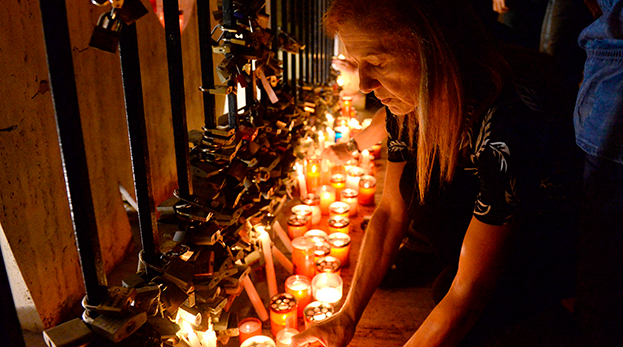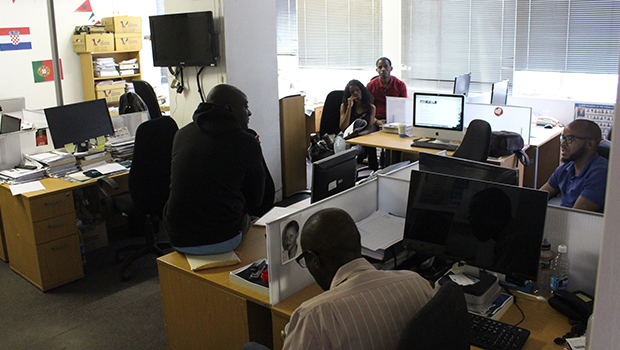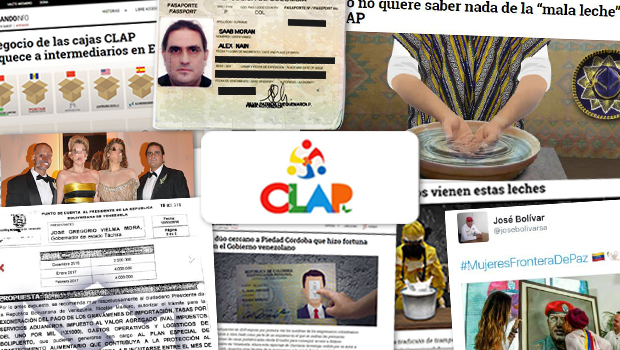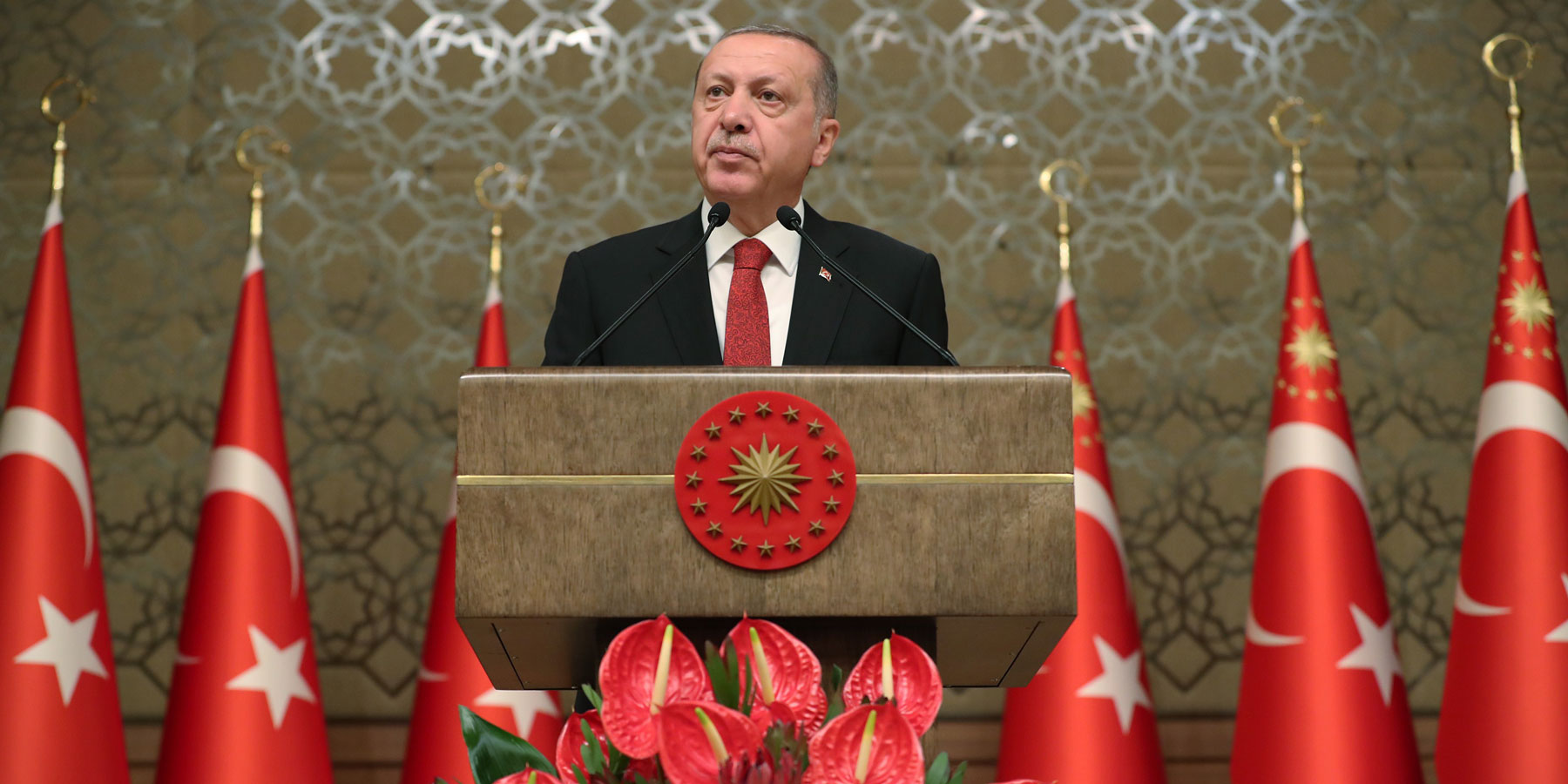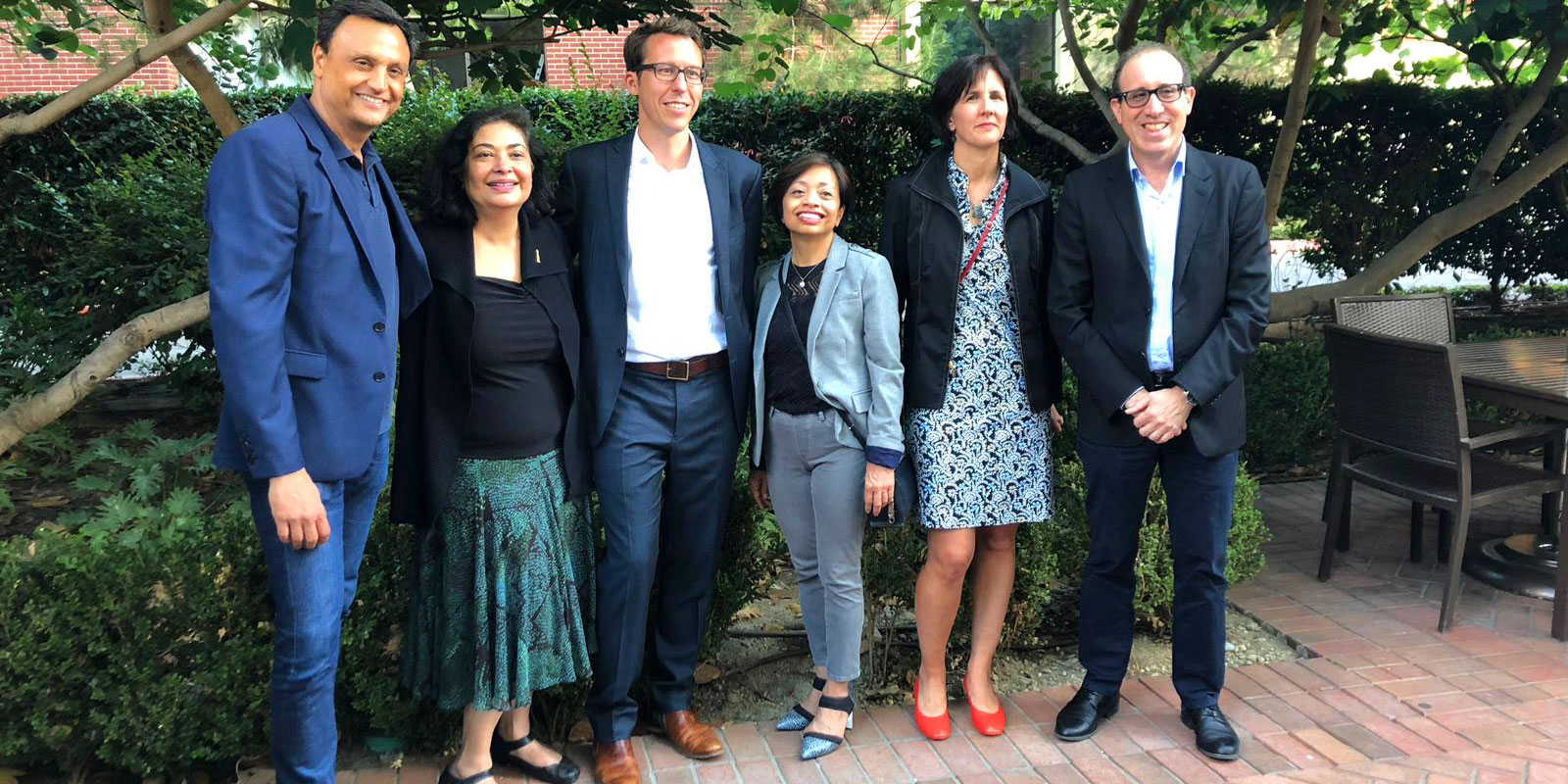The rape and murder of a Bulgarian reporter and disappearance and likely murder of a prominent Saudi journalist in Turkey have capped a brutal 12 month period of press freedom crackdowns and violence against reporters in Europe, a region that’s often considered a relative safe haven for journalists.
One year ago, Maltese journalist Daphne Caruana Galizia was murdered just outside her home, in an attack that was widely believed to be related to her reporting on corruption in Malta. That the car bombing took place in Europe only added to the shock for many journalists.
CPJ joined in a moment of silence on the one-year anniversary of the murder of Maltese journalist #DaphneCaruanaGalizia on the road where she was killed by a car bomb, just down the street from her home. pic.twitter.com/uCRM1saLVJ
— Committee to Protect Journalists (@pressfreedom) October 16, 2018
Then came the murder of Slovakian journalist Ján Kuciak and his fiancée Martina Kušnírová, who were shot to death in February 2018 during Kuciak’s investigation of ties between Slovakian officials and Italian Mafia figures.
Since then, Jamal Khashoggi, a prominent Saudi journalist, dissident and opinion contributor to the Washington Post, disappeared into Saudi Arabia’s consulate in Istanbul and is feared dead.
And in Bulgaria, Viktoria Marinova, the television host of a current affairs show that had recently covered allegations of the misuse of European Union funds, was found raped, beaten and suffocated in a park on Oct. 5. Authorities have arrested a suspect based on crime scene DNA and have downplayed any connection to her journalism. But two investigative journalists who appeared on that program had been questioned by police during their reporting on the subject.
The recent killings stand out because Europe has usually been a relatively safe place for journalism compared to other parts of the world, said Tom Gibson, Brussels-based European Union representative and advocacy manager for the Committee to Protect Journalists.
This is the advertisement that the @washingtonpost is running today, demanding answers for the disappearance of our Saudi colleague and @PostOpinions columnist, #JamalKhasoggi pic.twitter.com/0ds7ju6leA
— Jason Rezaian (@jrezaian) October 12, 2018
The struggle for press freedom has intensified worldwide, but the Reporters Without Borders 2018 World Press Freedom Index, published last May, found that the worst decline was in Europe, a region the group still describes as “the region where press freedom is the safest.”
Journalists around Europe face pressure from national leaders and their allies, who, in many cases, buy media outlets and turn them into instruments of the state. Journalists are also subject to police questioning and arrest. In late September, Greece’s Defense Minister Panos Kammenos sued three journalists, including the editor-in-chief of the Fileleftheros daily, for defamation after publication of a report alleging that EU funds intended to improve conditions for asylum seekers in a camp on the island of Lesbos were being misused.
In some cases at least, the threat to journalism has produced change, though at a high cost. The murder of Kuciak and his fiancee led to the resignations of Prime Minister Robert Fico, his cabinet and the police chief. Three people were charged with Kuciak’s killing in September. Prosecutors previously said they think his killing was tied to his investigative work.
“Things have gone downhill” in countries including Poland, Hungary and Serbia, said Arch Puddington, Distinguished Fellow for Democracy Studies with Freedom House, an organization that monitors freedom of speech and other rights around the world. Political tactics to silence the press have included takeovers of public media, the purchase of other media outlets by cronies, limiting journalists’ access to information, lawsuits and starving news outlets of revenue by dropping government subscriptions and advertising.
Poland, the largest former Eastern Bloc country in the EU, was initially seen as a success story with its transition from communism to democracy. But in recent years the crackdown on freedom on the press has intensified. In late 2015, Poland’s parliament enacted a media law that gave the government more control over state-run television and radio. In 2016, days of protests against proposed restrictions on media access to parliament resulted in a rollback, but the pressure on press freedom has continued since then. In 2017, for instance, the country’s media regulator fined the leading news broadcaster, U.S.-owned TVN24, for its coverage in 2016 of the protests, calling it “fake news.”
At least 43 journalists have been killed in relation to their work so far in 2018. These are just a few of the reporters the world lost this year. #HFPATruth #PressFreedom https://t.co/2XLnSS8cge pic.twitter.com/LRphH2J5Ni
— Committee to Protect Journalists (@pressfreedom) October 11, 2018
“When it comes to the freedom of the press, it has worsened significantly,” said Vadim Makarenko, an International Consortium of Investigative Journalist partner at Gazeta Wyborcza said in January. The ruling Law and Justice party has ordered state owned enterprises to cancel their advertising commitments and state agencies to cancel subscriptions to independent media companies, which were already facing economic pressures. Declining revenue resulted in the 2016 layoff of 190 staff members at Makarenko’s workplace.
In Hungary, the day after the April election that left Prime Minister Viktor Orbán in place, the government shut down the country’s largest opposition paper, Magyar Nemset, while the pro-government magazine Figyelő published a list of 200 Orbán critics, including journalists, calling them “mercenaries” of U.S. financier George Soros. One was International Consortium of Investigative Journalist member András Pethő, co-founder of the investigative site Direkt36.
Serbia fell eight steps down in the 2018 Reporters Without Borders scorecard to 76 out of 180 countries. The organization noted that “some courageous journalists continue to cover dangerous subjects such as crime and corruption, but their stories are usually published by online media with a limited reach.” It also noted “collusion between politicians and media, a high level of ownership concentration and a lack of pluralism in the print and broadcast media” as concerns.
Journalists there have been “harassed and beaten in a campaign to silence them,” said Puddington.
Despite the fact that Turkish President Recep Tayyip Erdogan has pressed Saudi Arabia to prove its claims that Khashoggi left its consulate alive and questioned whether there were really no cameras recording events in the consulate that day, his record on freedom of the press is bad.
In July, Erdogan allies, and a member of his family, sued a reporter and her newspaper for defamation. The lawsuit against award-winning journalist and ICIJ member Pelin Ünker and the newspaper Cumhuriyet focused on stories published as part of the global Paradise Papers investigation that included details about offshore companies, one of which had been managed by Erdogan’s son-in-law and others in which a former prime minister’s sons were shareholders.
But reporters across the region haven’t given up the fight. In Lithuania, journalists recently scored a victory against what could have been a severe blow to freedom of information there. In early October, the government moved to shut down access to the government registry, which had provided free access to journalists for more than a decade to company documents and land records. ICIJ member and 15min.lt reporter Šarūnas Černiauskas noted that the action followed reporting by 15min.lt, the largest news website in Lithuania and other media outlets that “used this exact data to investigate the leader of the ruling party and the decisions taken by this very government.”
“The war is far from over, and all of the journalists that got actively involved in the fight are definitely blacklisted,” Černiauskas wrote to ICIJ members who helped protest Lithuania’s attempt to keep information private. Less than a week later came another appeal to support press freedom there — this time to support LRT, the Lithuanian national radio and TV network in a battle to prevent attempts to reshape its governance to give politicians more control.
“General press freedom is struggling” around the world and probably will continue to do so for the next five years as populism and nationalism continue to gain ground, said Committee to Protect Journalists’ Gibson.
That creates a real need for the press freedom community to continue pushing, he said. After outcry, the Lithuanian government relented, with some officials even calling for the government to open up the registry free of charge to everyone.
